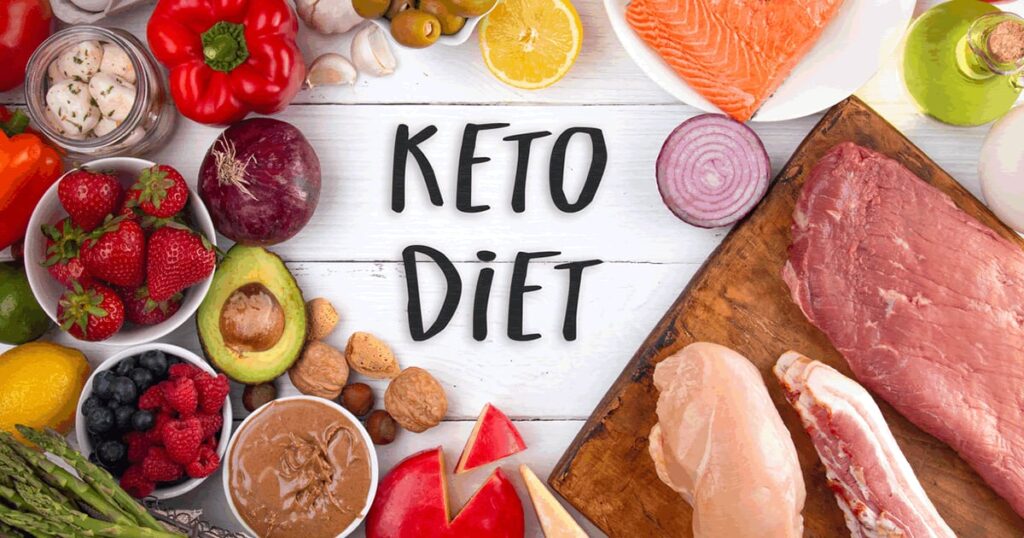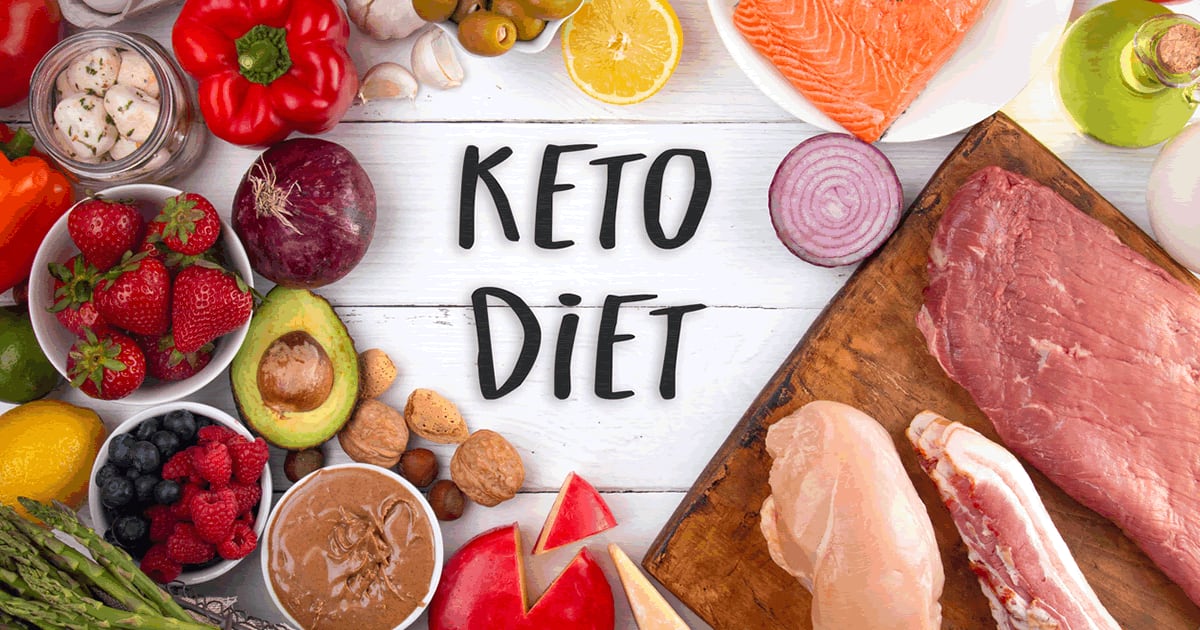
The ketogenic diet just like any other diet has both benefits and shortfalls, and it is also a good idea to keep in mind that there is still a lot of research being done on both. This is just a scratch on the surface.
Pros of the ketogenic diet
Epilepsy. The diet was first used in treating seizures. There are many instances when it has been successfully used in reducing seizures, with research backing up its role in helping with seizures.
Weight loss: When starting the diet, there are a lot of metabolic changes taking place. Antonio Paoli wrote an article where he noted the health parameters that come with excess weight improve, such as high blood pressure, insulin resistance, and high levels of triglycerides. The body is going to adapt to higher fat intake and will result in an increase in fat oxidation. But you need to keep in mind that losing body fat and fat oxidation are two different processes. When there is higher fat oxidation, it doesn’t mean that there will be fat loss. The main determinant of fat loss is your overall calorie intake and calorie burn. Check out shakeology vs 310.
Type 2 diabetes: restricting carbs has a direct impact on glucose levels, and it lowers them over time. This can be one of the most straight forward options to get diabetes under control. It is important to talk with a registered dietitian before starting this diet because carb control and a healthy diet are going to give the same results.
Cancer: this has become one of the focus areas of research about the ketogenic diet. The Warburg effect established that glucose is broken down by tumor cells 200x faster compared to other cells. The theory behind this is that when the tumor cells are starved of glucose, it can inhibit the growth and help in preventing cancer.
If you are contemplating the Keto Diet for health benefits or weight loss shop at natural health stores to ensure your food is organic.
Possible Cons
The Harvard school of public health did a review of the diet and suggested some negative side effects of a long-term ketogenic diet. Some of them include increased risk of osteoporosis and kidney stones, increased levels of uric acid in the blood (which is a risk factor for gout). The biggest possible source of concern is below.
Nutrient Deficiencies: the diet involves excluding a whole food group, which means a person is going to miss out on the nutrients in whole grains and fruits, which are restricted when following the ketogenic diet. This can result in deficiencies, especially when a person doesn’t follow the diet properly or doesn’t have the proper guidance. When eating a high amount of fat, it is important to include a wide range of foods in the diet. Different food groups offer different nutrients. You should focus on seafood, meats, some legumes, vegetables, and fruits to make sure your body gets B vitamins, fiber, and minerals such as zinc, magnesium, and iron. To prevent the risk of deficiencies, you need to talk to a registered dietitian who is going to help you come up with a diet with all the nutrients needed by the body.
Keto Flu: When transitioning to the diet, you might have to deal with side effects coming from removing carbs from your diet, and this is known as “Keto Flu”. Headaches, hunger, fatigue, nausea, constipation, irritability, and brain “fog” can last a couple of days. Hydration and sleep can help, but transitioning to this diet is not going to be pleasant.
Adherence: it can be a challenge to flow and maintain a high-fat diet. This is because you will be forced to stick to limit options when it comes to what you eat and drink, and you will not have the freedom of eating pleasurable food like rice dishes, fruit, cream-based soups, ice cream, etc. If you want to see the benefits of a given diet, then you need to be ready to follow it all year round and not just a couple of weeks.
Gut Health: you might have a hard time using the restroom because you will have lower fiber intake once you remove whole grain and fruit from your diet. This is not good for your gut health.
